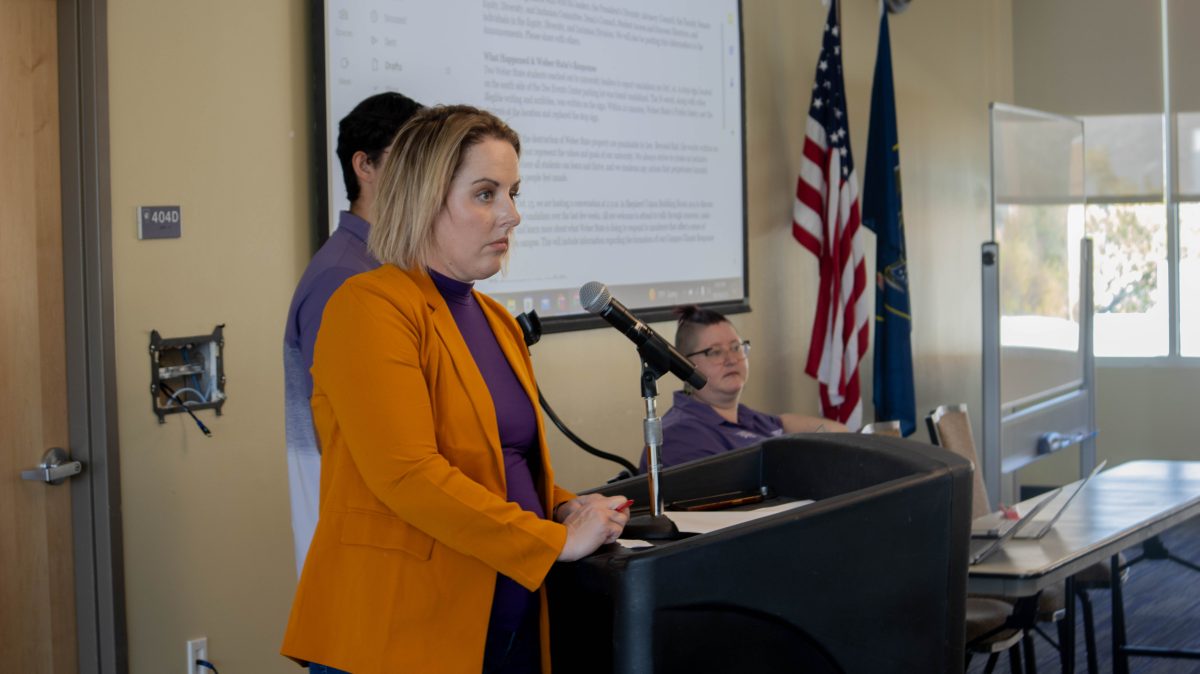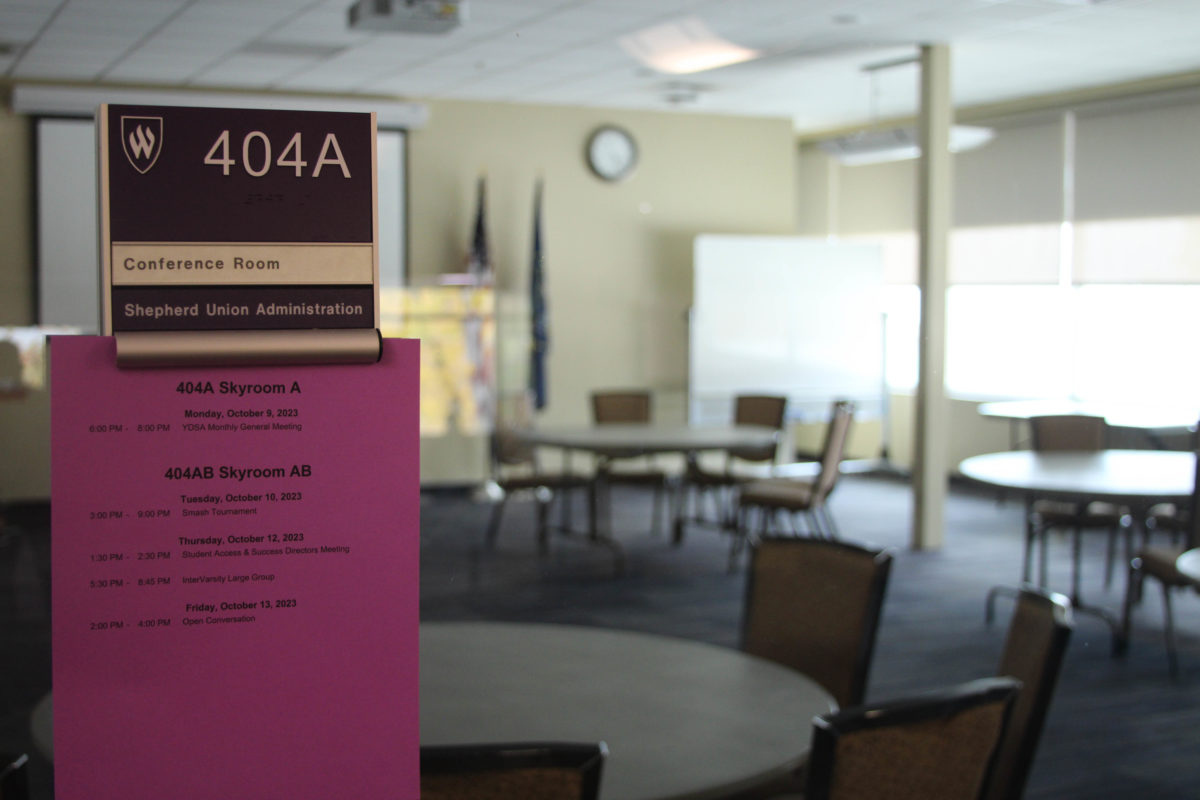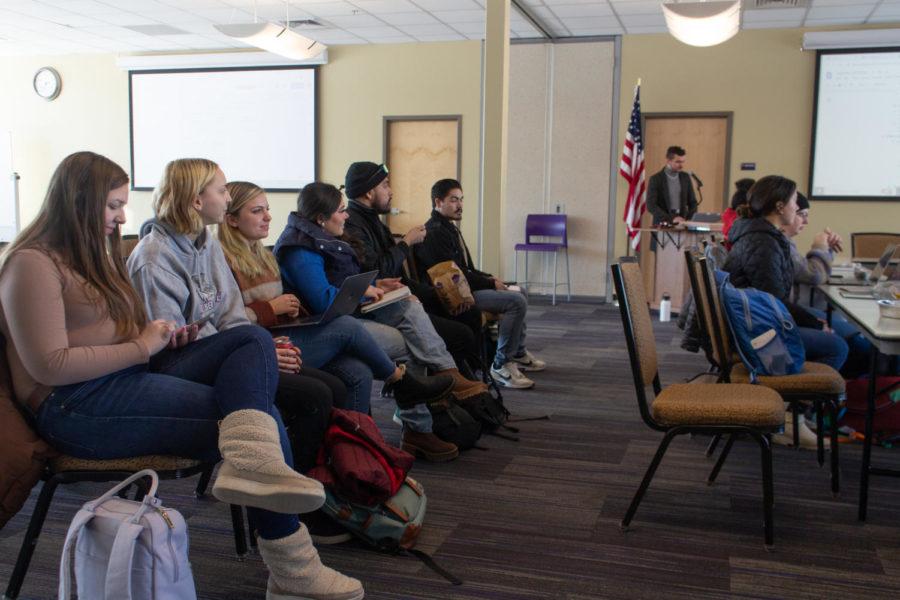In order to streamline student grievances of academic nature, the Weber State University Student Senate passed a motion to amend the WSU Student Code.
The new amendment still needs to pass in the faculty senate before it can go before the President’s Council and then the Board of Trustees. The amended section of the bill states, “Whenever possible, complaints or grievances should be resolved at the lowest level possible . . .”
This new process will guarantee due process for every student.
An academic grievance can be anything from a student accused of cheating or plagiarism to grading disputes. The new process would be for a student to address the issue with the faculty member. If the issue remains unresolved at the ground level, students then need to petition to have the issue resolved by the department chair, then the dean, as well as a committee that will address the problem.
The amendment also gives another method for students to use if the problem is with the faculty member. This amendment will provide students with means of resolving grievances without having to resort to e-mailing WSU President Charles Wight.
Kimberly Tribe, the College of Education senator, co-sponsored the amendment and said changing the student code was a good idea.
“From my understanding, there wasn’t a clear guideline of what to do if you disagreed with a grade that you received or what that process was or who you needed to talk to,” Tribe said. “We just kind of wanted to clarify that in the student code, so students would know what their rights are and what they could do if they disagreed with a decision.”
Previously, students who had disciplinary disputes or problems with professors or grades had to make appointments with the dean, depending on the college.
“I think it’s very logical,” Tribe said. “It makes sense. If you disagree with a grade, first go talk to the professor. If that doesn’t get anywhere and you still disagree, go talk to the department chair, then go talk to the dean of the college, and then it can go to an advisory board. I just think it’s logical sense. Start at the bottom instead of shooting straight to the top.”
Brady Harris, the executive vice president and senate president, said the amendment would make the process easier for students and faculty to understand.
“This just makes it universal across the campus,” Harris said. “So, for every student that needs an academic appeal, it’s all the same process now. So it will really benefit students in the end.”
According to Harris, an amendment hasn’t been made to the student code for at least three years. He said he couldn’t recall an amendment being made while he has held his position in the senate. The amendment has taken almost a year to see the student senate floor.
Harris said the student code is one of the most important documents for students at WSU.
“It’s where all our rights and privileges are given to us, as well as any disciplinary processes are outlined in there,” Harris said. “That’s why it’s got that big process behind it. That’s why faculty and student senate have to approve it, and President Wight and the trustees.”
Students who currently have an academic grievance will have to adhere to the old process and visit with the due process officer.
“And now students have protection in the whole process as well,” Harris said. “This is their right. So if this process is violated . . . students can go back through and make sure it happens as it’s supposed to, which, before, wasn’t the case.”


















